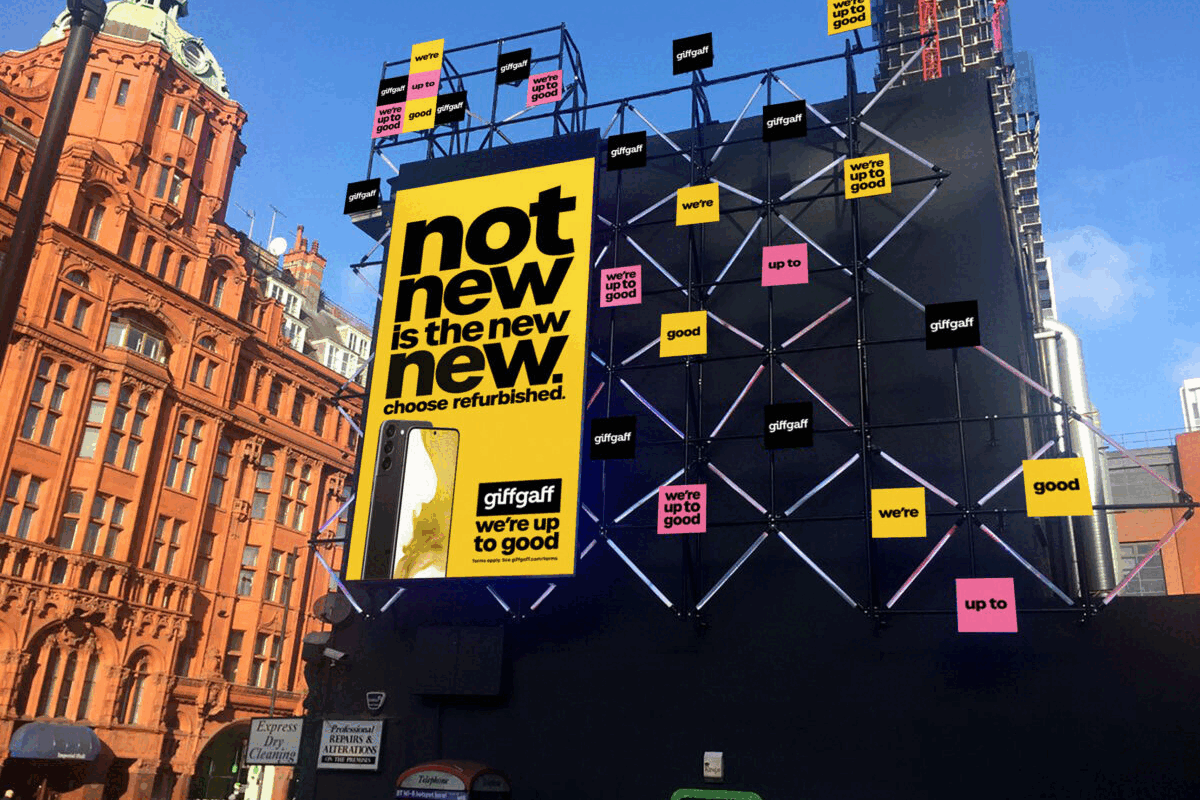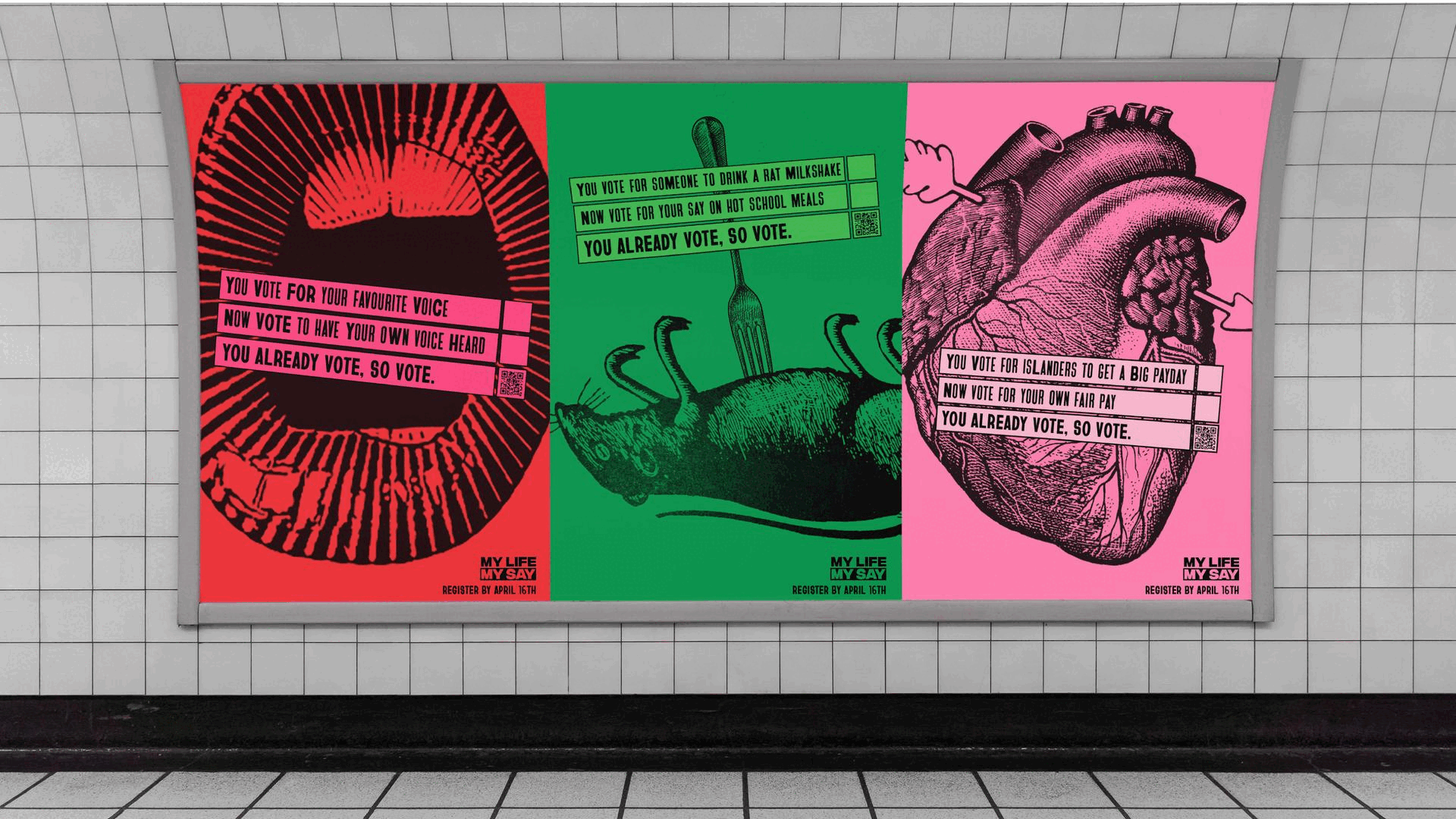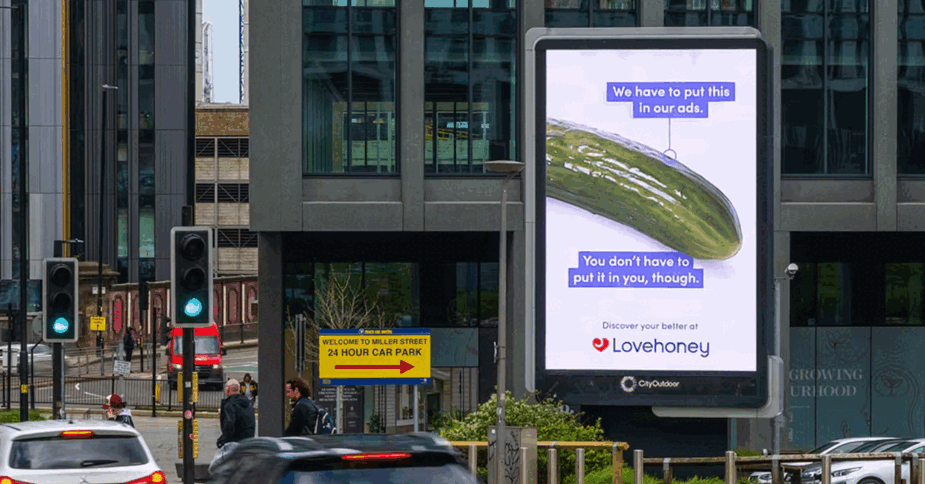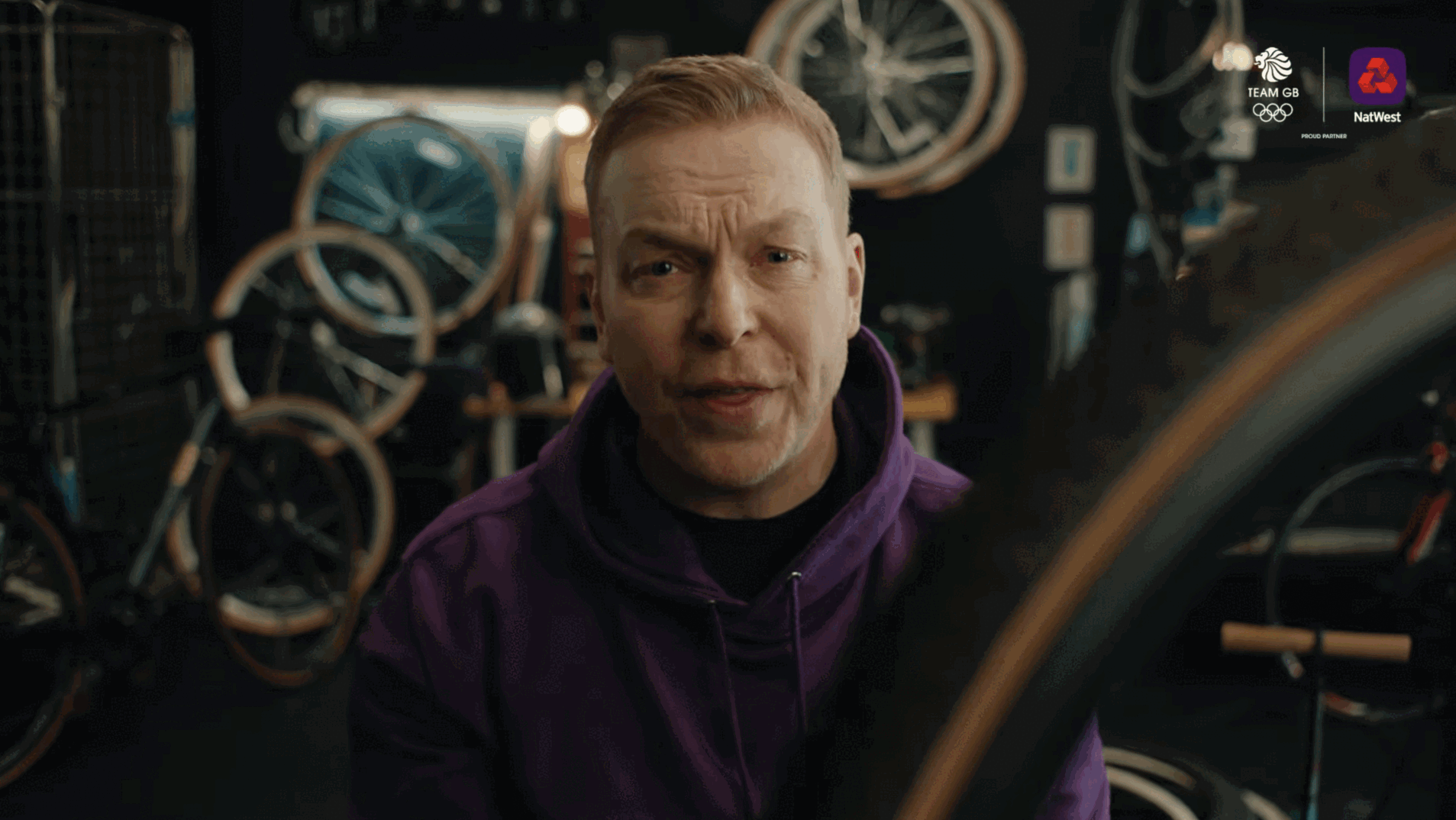F8 Accompli – What Facebooks Announcements Really Mean
- Wednesday, April 30th, 2014
- Share this article:
 Ahead of Facebooks f8 developer conference yesterday, the buzz was all around its mobile ad network. In the end, though, that turned out to be less a full-blown launch, more an extension of its ongoing tests.
Ahead of Facebooks f8 developer conference yesterday, the buzz was all around its mobile ad network. In the end, though, that turned out to be less a full-blown launch, more an extension of its ongoing tests.
Besides, the unveiling of Audience Network was just one of many, as the social network squeezed enough announcements to last most companies six months in the space of just 90 minutes.
This is reflective of the rate of change at Facebook of late. With the company making major announcements on what seems to be a weekly basis – can you believe its only been just over two months since it acquired WhatsApp? – its all too easy to move on without digesting the latest piece of news.
So we thought wed take a closer look at each of the themes identified by CEO Mark Zuckerberg in his introductory speech: stability for developers, cross-platform services and tools, and putting people first.
Stability for developers
There were few signs of Facebooks famous Move fast and break things philosophy of design, which seems to have been replaced with the slightly less catchy Move fast with stable infra. Its promising a two-year stability guarantee for its core developer products, intended to build trust with developers who want to plug their apps into Facebook.
Also announced were updates to the Parse app platform Facebook acquired in April last year, along with a new pricing structure for Parse thats intended to be cheaper for developers, especially those just starting out. Even the announcement of its Audience Network was pitched as a way to better monetise apps.
It makes sense that Facebook would want to woo developers at an event specifically targeted at them, but its going above and beyond to build those relationships. For proof of that, you neednt look any further than the FbStart program, which promises up to $5,000 worth of free tools and ad credit to startups, and $30,000 worth as they start to scale up. Whats most impressive is that all apps are eligible for these packages – they dont need to be integrated with Facebook in any way.
The logic, presumably, is similar to that behind the Internet.org initiative – whats good for the wider ecosystem is good for Facebooks own interests.
Cross-platform tools and services
This ties into another major focus of the announcements, on making the process of jumping between third-party apps and Facebook much smoother and quicker.
Facebook unveiled App links, a way of deep linking between individual screens or pieces of content within an app; Send to Mobile, which bridges the gap between desktop and mobile by offering a way to send an a desktop sites corresponding app directly to the users phone; a mobile version of the Like button that can be used in apps; and Message Dialog, which enables users to share content in a private message with selected friends.
By doing this, Facebook is integrating itself deeper and deeper into the existing app ecosystem. But none of that matters if the consumers themselves arent willing to use these tools.
Putting people first
 People are increasingly concerned about privacy, and as a company which has made its fortunes on mining members personal data, Facebook has a thin line to tread.
People are increasingly concerned about privacy, and as a company which has made its fortunes on mining members personal data, Facebook has a thin line to tread.
As marketers try to track users across their various devices, a unified login like the one provided by Facebook could be the holy grail. But it will have to be very careful not to devalue the currency of likes and shares which its building on, and which act as an incentive for users to log into the social network when using apps unrelated to Facebook itself.
Accordingly, Facebook has tweaked its Login process – which it says was used to sign in on third-party apps and sites over 10bn times last year – to let users select exactly what profile information theyre happy to share with apps when logging in.
Its opt-in rather than opt-out – users have to uncheck each category of data they dont want to be used – but its a sign of Facebook starting to really clean up its act. An even bigger step in this direction is the introduction of Anonymous Login, a way of logging into third-party apps without sharing any personal information at all.
“Anonymous Login is Facebook’s answer to the death of cookies,” comments Larry Drebes, CEO of social ID provider Janrain, which this week introduced its own cross-site log-in solution for marketers. “Cookies just don’t work for mobile. This is a new way to handle customer profile management for unique users across devices without forcing the user to give up personal data.
“We fully support initiatives by social platforms to protect privacy and give more choice to their users. Sharing one’s social identity with any business should be part of a clear give to get relationship where both sides understand the value they are receiving and their rights and responsibilities in the relationship.”
“The likes of Facebook and Google have become the data utilities of our day, and they deeply understand that earning consumer trust is the key,” adds Intent HQ CEO Jonathan Lakin. “Marketers who use social data and logins to drive engagement should not be concerned.
“Anonymous Login will lead to more people logging in via a social identity, and an easier upgrade path with a clearer trade off between the value brands offer for the use of personal data. What will matter more is a fair exchange of value, and savvy consumers are more aware of this than ever before.”
What does it all mean?
Noticeable by its absence was any indication of what Facebook will be doing with its two big recent acquisitions, WhatsApp and Oculus, but these announcements were about the company as a whole.
The majority of the reveals were explicitly mobile-focused, and the couple that werent play neatly into Facebooks broader mobile strategy – theres no doubt that when Facebook claims to be a mobile first company, it really means it.
The announcements also painted a broader picture of Facebook 10 years in, and nearly a year from its IPO, as a company that is clearly focused on sustainability. Its now one of the worlds largest tech companies, and for it to maintain that position, its going to have to build trusting relationships – with the developers being promised improved stability and incentive packages; with publishers whose content will be shared more easily; and most importantly, with those 1bn-plus mobile users.
To lift a phrase from the official statement with accompanied these keynotes, Facebook wants to make sure that people “can be confident pressing the blue button”.

















